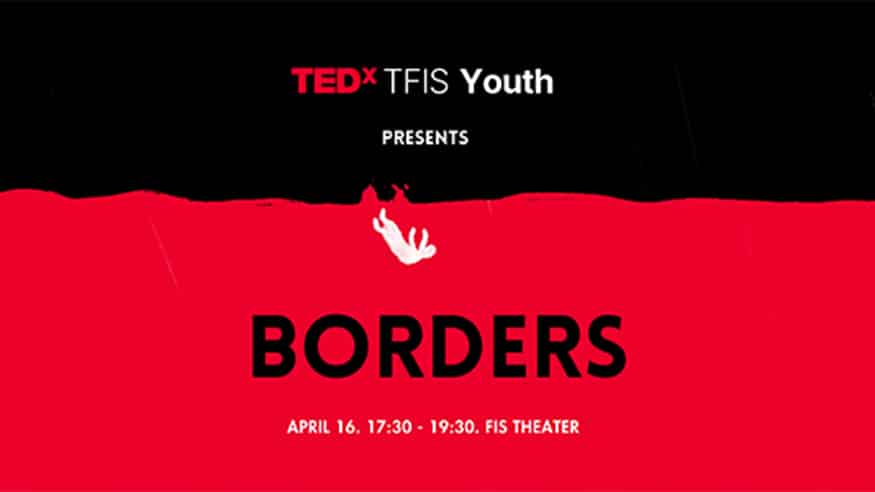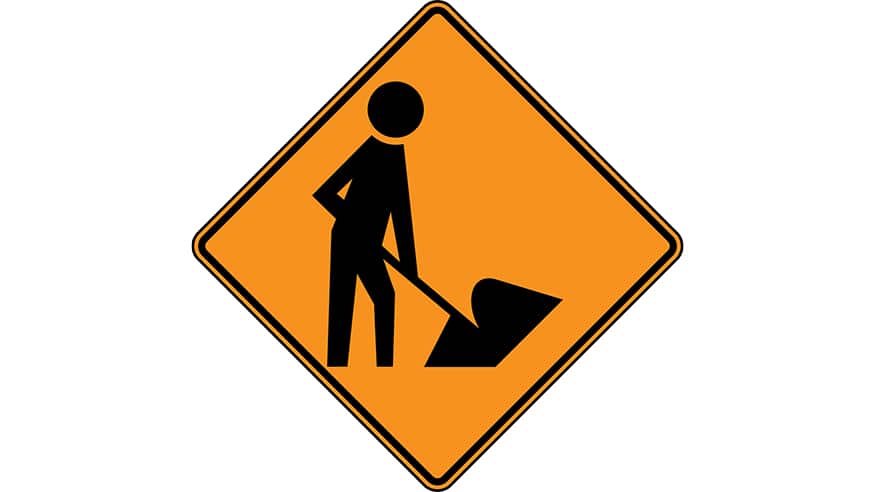Clean water coming out of a tap in our homes is a given, but what if the water was dirty? How hard would it be to purify it?
This question became the premise for a Grade 3 experimental project on the occasion of World Water Day on March 22, 2022.
In their current IPC unit, the students are learning about electrical energy in the larger context of the UN Global Goals for Sustainable Development. These Goals are a set of 17 commitments made by 193 world leaders to end extreme poverty, inequality, and climate change by 2030.
The activity began with the students sharing their thoughts about the importance and rationale for everyone in the world having access to clean water (Global Goal #6). Some of their reflections included:
“Some people in deserts don’t have clean water.”
“We have to think of what we can do to help those people who don’t have clean water to drink.”
“We can make dirty water into clean water by boiling it, filtering it.”
Sandrine Bachmann, FIS Laboratory Assistant, then invited the students to investigate how dirty water can be filtered to make it cleaner. A number of water mixtures were available with varying levels of impurity, along with different filtering options like sieves, cotton, and coffee filters.
By approaching the exercise from an inquiry-based and empirical standpoint, the students were able to identify the differences in various methods of purification. They also reflected on how difficult it is to purify dirty water, and that we must work towards the common goal of ensuring clean water access for all.
As they progress through the unit, the students will be able to apply their knowledge and perspective shaped by the experiment, in better understanding the significance of energy.





